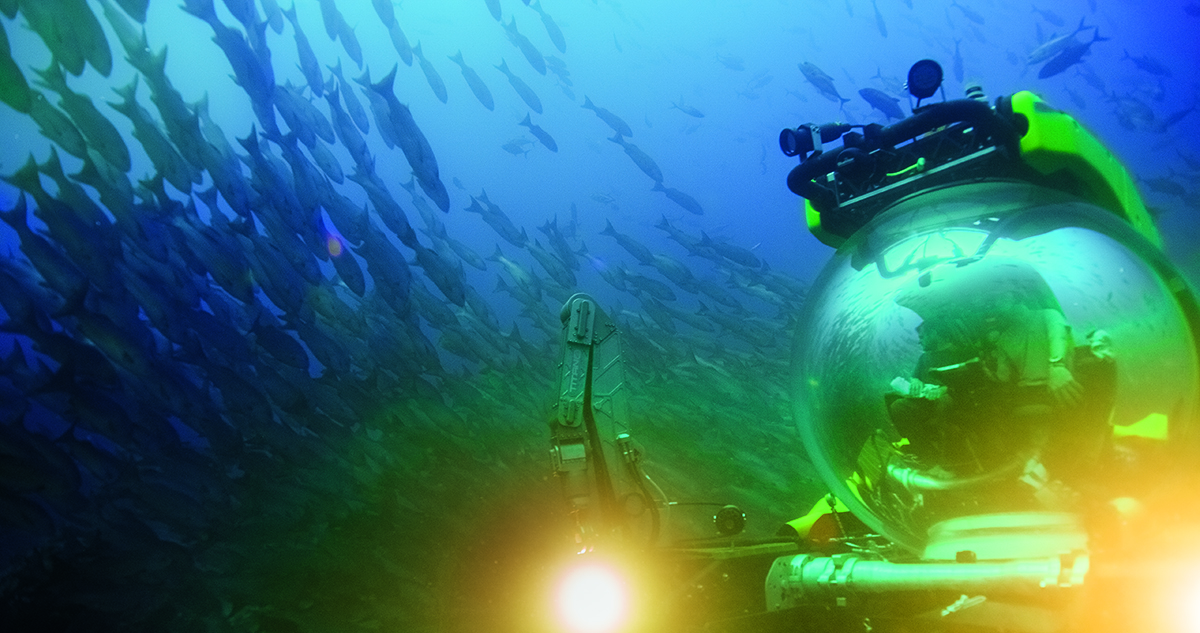
OceanX’s sub Deep Rover filming for ‘Blue Planet II’ in Cocos Island in the Pacific Ocean, 2015. Image by Ian Kellett.
Once the sea casts its spell, it holds you in its net of wonder forever. So said the legendary Jacques Cousteau, and so it is with Ray Dalio, founder of Bridgewater Associates, one of the world’s largest hedge funds. Together with his son Mark, Dalio created OceanX to raise awareness of the seas through exploration, film, media and science. LUX speaks to them about their visionary philanthropic venture. By Sophie Marie Atkinson
DEUTSCHE BANK WEALTH MANAGEMENT x LUX
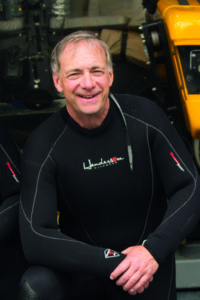
Ray Dalio. Image by Didier Noirot.
In an age when several billionaires have set their sights on a new age space race, Ray Dalio’s heart belongs to a different frontier.
It’s one that, unlike our solar system, has seen untold destruction over the past 50 years alone. Coral bleaching is the devastating result of climate change, chemicals used in agriculture routinely end up in the water, killing marine plants and shellfish, and, according to Greenpeace, a truckload of plastic is tipped into the ocean every single minute.
Fascinatingly, the recent coronavirus pandemic has seen marine life rebound. A decline in the number of visitors to beaches has allowed endangered species of turtles more space to lay their eggs. Quieter oceans have led to incredible footage of marine life resurging around the world, including pods of dolphins and sperm whales off the coasts of Fujairah in the UAE and Sri Lanka. But how do we harness this effect, one of the few positives to emerge from an otherwise devastating situation? Ray Dalio – philanthropist, entrepreneur and founder of Bridgewater Associates, one of the world’s largest hedge funds – has a few ideas.
Follow LUX on Instagram: luxthemagazine
Dalio, who started Bridgewater in his two-bedroom apartment in New York in 1975 before growing the firm into one of the most important private companies in the US, first felt the tug of underwater exploration decades ago. Like many others, his interest was sparked by the father of modern-day diving.
“I watched Jacques Cousteau’s films and documentaries growing up,” explains Dalio, whose personal fortune is almost $19 billion, “and they made me incredibly curious about the underwater world. I’ve always felt this pull towards nature and the wilderness. I started diving in my early 20s, I think. At first, I would charter a boat, then I bought one of my own.” But a yacht, which to many others of significant wealth would be the natural next step, never appealed to Ray, who has given away more than $760 million to philanthropic causes and has called the US wealth gap a national emergency. “I wanted an exploration boat,” he says. Half a century later, Dalio and his converted lift ship, a much-coveted exploration boat, have been central to several high-profile aquatic missions.
So far, MV Alucia has helped capture the first-ever footage of the elusive giant squid; aided in the search for Air France Flight 447; taken Leonardo DiCaprio on a submersible dive for his documentary film, Before the Flood, and travelled to new depths for BBC Earth’s Blue Planet. The last of these was made in partnership with OceanX (formerly Alucia Productions), of which Dalio is Founder and his youngest son Mark is Founder and Creative Director. OceanX’s sole mission is to explore the ocean and reveal its discoveries to the world.
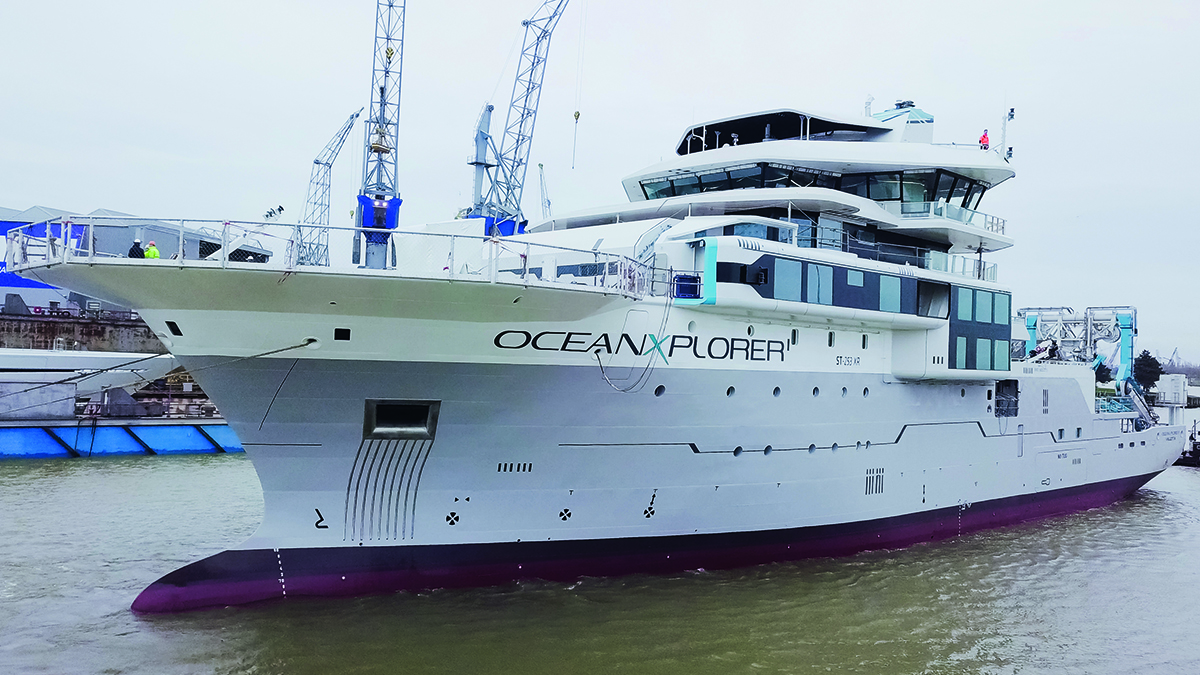
OceanX’s new research vessel OceanXplorer. Courtesy OceanX
But where did this intense desire to educate others come from? “For me,” Dalio explains, “there was an intellectual awareness of the issues, and then there was actually witnessing them first-hand. I would dive in certain places, like the Great Barrier Reef, and then return many years later and see how much had changed. I’d see how much more pollution there was, and how much illegal fishing was going on. I’d see locals trying to eke out a living in the face of these huge trawlers that were decimating underwater life.”
Read more: How ethical blue economy investments support ocean conservation
This had a big effect on him personally. “But I knew that not everyone had experienced what I had,” he continues. “With the ocean, there is of course a surface, and if you don’t penetrate the surface, what you experience instead is a reflection. But when you dive, you go beyond that reflection. You get a glimpse of precisely what’s going on and how this world is changing. You speak to people about how populations of fish are dying. You see and understand the impact of plastic in the ocean and of people treating it like a toilet. Add into this equation the extreme beauty of the sea, and the fact that I had been learning about it through scientists and fellow explorers. So, when my financial circumstances were such that I could truly get involved in a big way, I realised I could not only support explorations, but that I could also start showing them to the wider world.”
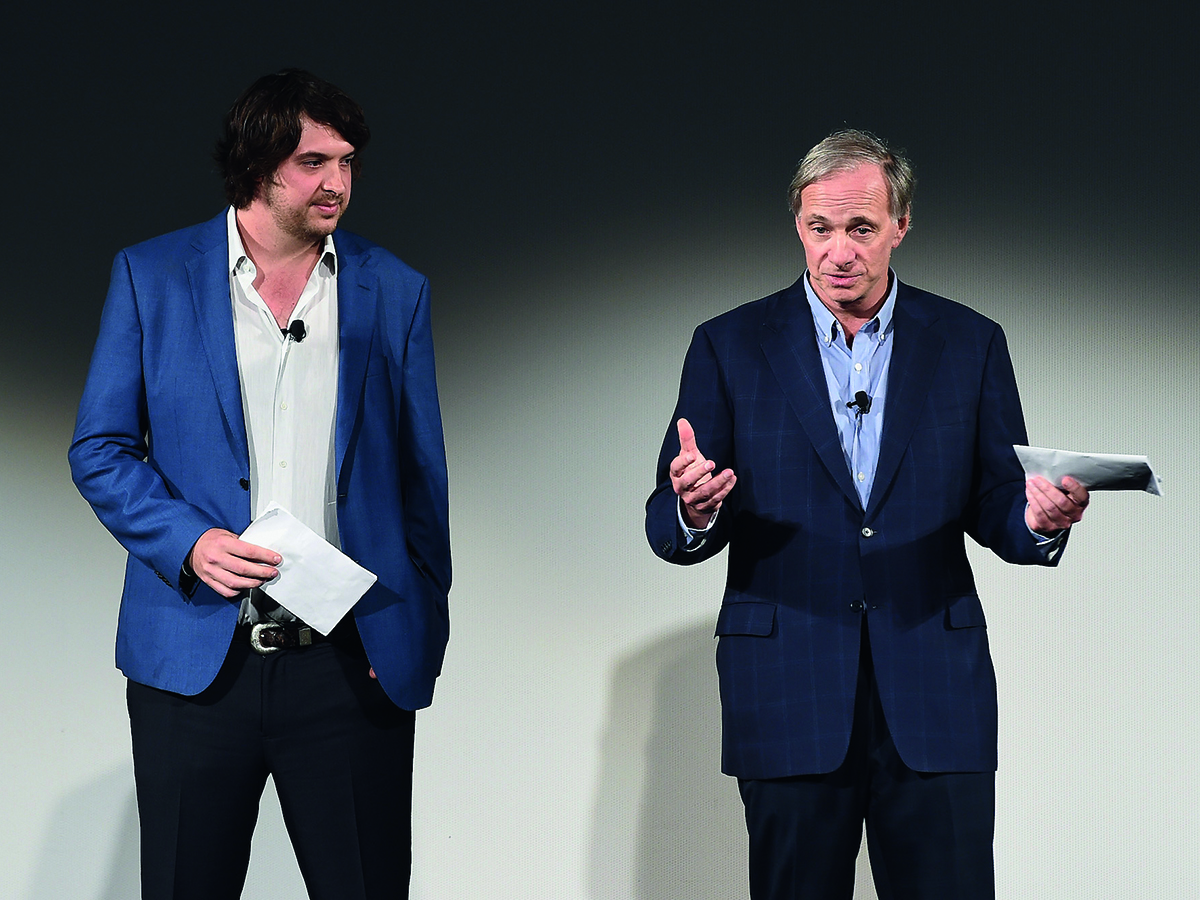
Mark and Ray Dalio at the OceanX launch in 2018. Image by Ilya S. Savenok/Getty Images for OceanX
Mark was working at National Geographic at the time, Ray explains. “We got talking and decided that we needed to bring it back to the world, we needed to share these incredible stories. And so we did.”
On a mission, Ray and Mark began to partner with others who shared their enthusiasm for the ocean. They worked with Woods Hole Oceanographic Institute on explorations and collaborated with the BBC on Blue Planet II, which was shot on their own ship. They filmed the giant squid for the first time. Slowly, awareness of their work began to spread through their own social media efforts and exhibitions.
“We wanted to get what we had helped produce for Blue Planet II into science centres and museums,” explains Mark. “We partnered with the American Museum of Natural History. We took a lot of the amazing content from the ‘Deep Ocean’ episode and created an interactive exhibit for families and kids to enjoy, featuring a giant screen film that we co-produced. This, too, was geared towards a younger audience.
Read more: Signature African Art’s Khalil Akar on Black Lives Matter
“We didn’t go too heavy on the science, but there were undertones of it. Our vision was that families would watch this series, then go into a museum and have a more in-depth, interpersonal and educational experience.”
“Mark and I became deeply entrenched in these projects,” Dalio continues, “and then we started to get other philanthropists involved. We realised there were synergies between us and those with similar visions. We – Mark and I – knew that we could bring our platform and the ship as well as media capabilities. We sought people who were interested in that offering. That led us to James Cameron.”
Cameron, the director of Avatar and Titanic, is partner of OceanX. Like the Dalios, he’s an ocean advocate and also an avid diver – at one point he was a record holder for his solo descent to the deepest place in the ocean, the Mariana Trench off the western Pacific (his title was usurped by Victor Vescovo in 2019, who, unnervingly, found a plastic bag on the sea floor at nearly 11km). Cameron will head back underwater for Mission OceanX, a series co-produced by OceanX and BBC Studios along with himself for National Geographic. This follows the maiden voyage of the OceanXplorer, the younger sibling of Alucia. “The greatest nature filmmakers in existence will be coming together on our new ship,” Dalio says.
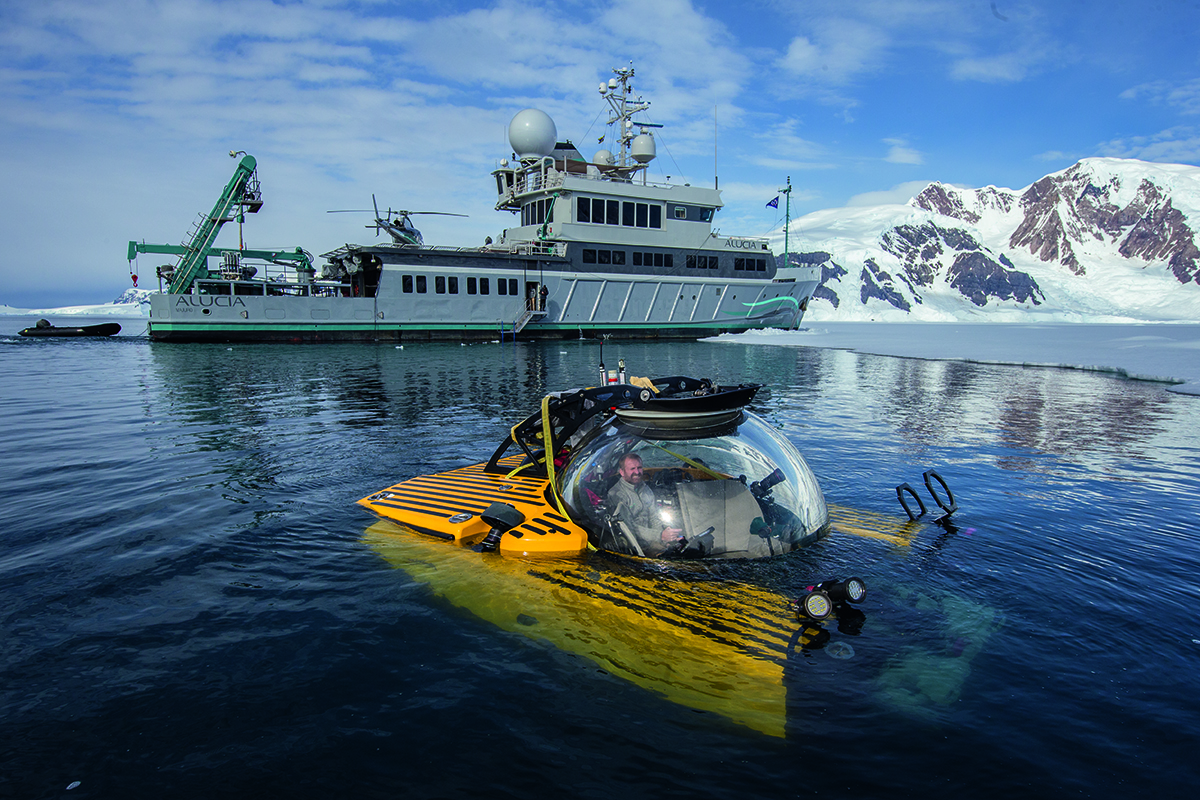
OceanX’s vessel Alucia while filming in Antartica for ‘Blue Planet II’ in 2017. Image by Ian Kellett
“This is the way I look at it,” he continues. “Oceans are utterly integral to our daily lives. And for me personally, it’s much more exciting than venturing to outer space. I’m not knocking it, by any means, but if you want to see aliens, you’re not going to see them by travelling to Mars. You’re going to see them here.”
As Dalio says, if you compare the ocean area to that of the land, there’s twice as much to explore underwater. “And think how much we’ve unearthed up here,” he continues. “All of the plants and their medicinal purposes – imagine what else we might discover in terms of much needed breakthroughs, cures and vaccines.”
Research and expeditions are expensive, though. Ray estimates that around 200 times more funding goes into space than aquatics, even though the health of our oceans is on a knife edge. Despite this, Philippe Cousteau – grandson of Jacques and an oceanographer in his own right – stresses that it’s not too late to save them from complete destruction. In an interview with Agence France-Presse in June 2020, he emphasised that humanity not only has the tools at its disposal, but, crucially, we already know that they work. He went on to stress the importance of what he believes to be an integral initiative: establishing areas on Earth that are protected. At present, only five per cent of the oceans are officially safeguarded, but there’s a growing movement to ensure that this reaches 30 per cent by 2030.
Read more: British artist Petroc Sesti on his nature-inspired artworks
He believes that the documenting of expeditions and promotion of the work being undertaken is at the heart of spreading that message. “I like to think that we can create change through the stories we tell on television, in classrooms, through social media, on cruise ships – and it’s really all about exploring our world,” he says in an interview with Condé Nast Traveller. “Because what is travel if not telling stories?”
Blue Planet II was a great awakener to this way of thinking. So much so that there’s a term for the impact it had – the Blue Planet effect. It’s reported that a remarkable 88 per cent of people who watched the programme changed their behaviour, from carrying reusable coffee cups to shunning plastic packaging. But, Ray points out, a TV series like this is finite. “You watch it and then it’s over. What we and our partners aspire to is a constant stream of content.” Enter Mission OceanX, which will air on a weekly basis. And as well as the TV show, fans will be able to interact and engage further through social media. Their aim, in fact, is to build a global community.
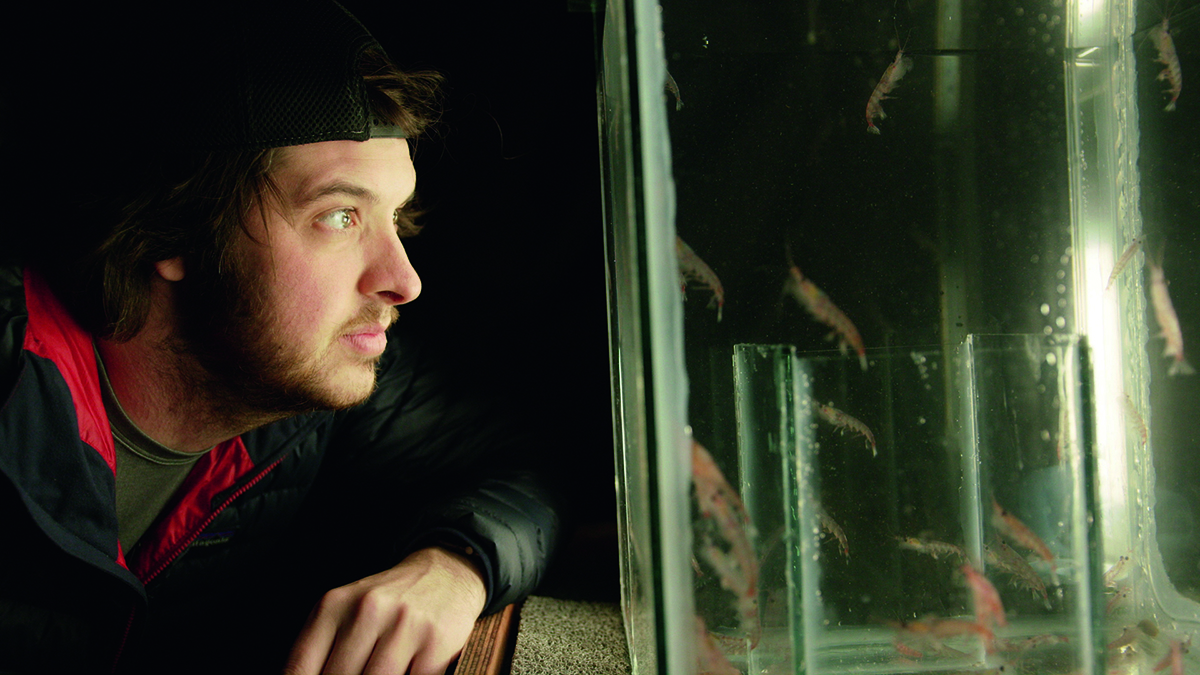
Mark Dalio
The show, due to air in 2022, will also be character driven, something that will set it apart from previous natural history series. Cameron has even suggested that the format could come close to that of reality TV. As he told Variety, it will get under the skin of the people and the mission. “I want to follow these people. I want to know how they think; I want to understand their passion as explorers and as ocean scientists… that burning curiosity.”
OceanX is, however, wary of coming across as preachy. “Our intention is to inspire a love of the ocean, as well as intrigue and excitement,” says Ray. “That will manifest itself in many different ways – people will be thirsty to explore it and, crucially, protect it. Children will aspire to be marine biologists. And hopefully new and existing projects alike will start to treat it with the importance it deserves.”
Alongside this optimism, Dalio is also aware of how much there is to do. “When it comes to the aquatic world, we simply haven’t scratched the surface yet,” he says. “Not in a way that’s relative to its potential. What we’re currently doing with OceanX is just the beginning of the journey. Our hope is that we can provide an escape that also inspires.”
Dalio is conscious that this must be more than entertainment. “We want to provide people with beautiful content that of course they enjoy, but that also helps them to pinpoint the issues that need to be addressed and prompts them to ask themselves, ‘how can I get involved?’,” he explains. “Those small sparks, that’s what we’re looking for. It’s the Cousteau movement. He inspired so many pioneers and ocean explorers today, like me, and we’re trying to reignite that.”
Find out more: oceanx.org
This article originally appeared in the LUX x Deutsche Bank Wealth Management Blue Economy Special in the Autumn/Winter 2020/2021 Issue.

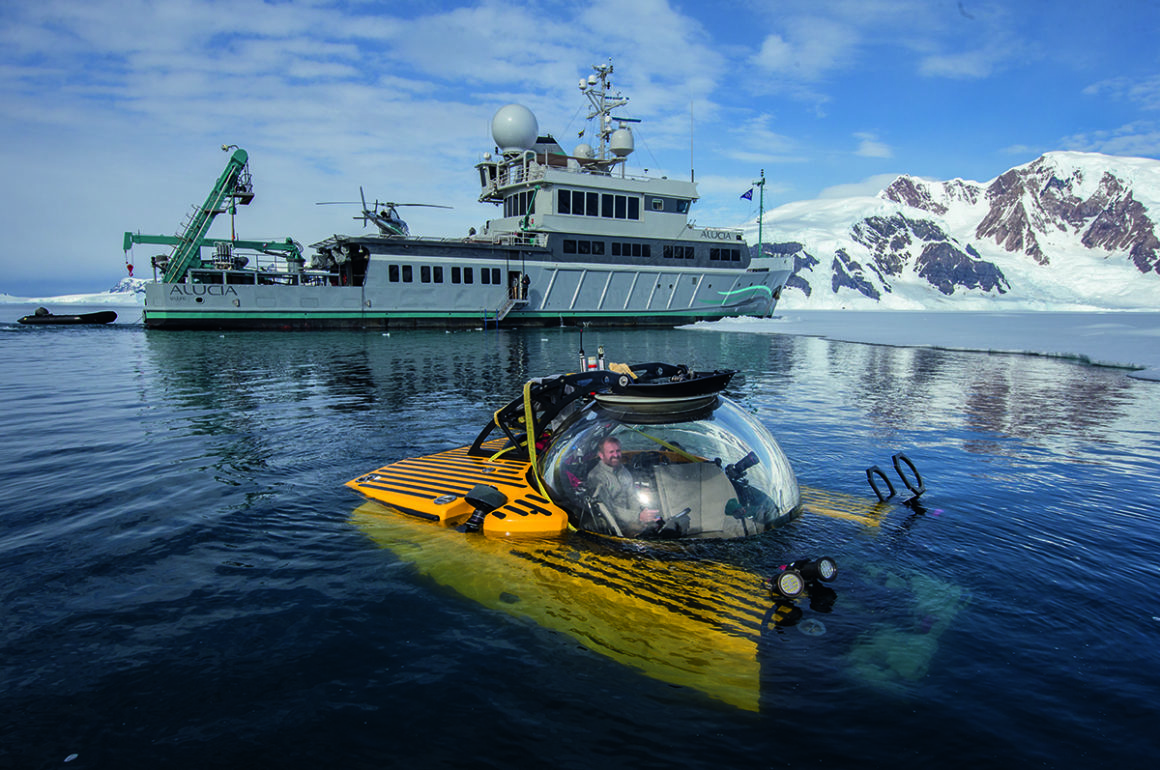
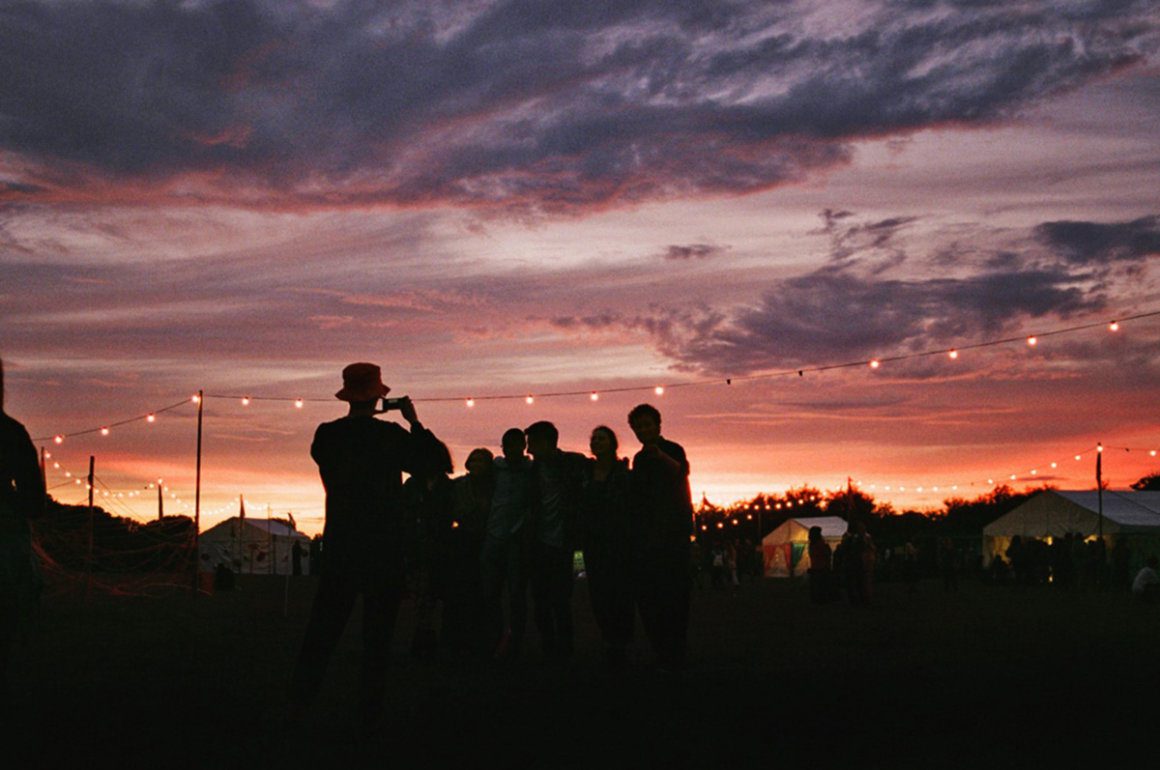
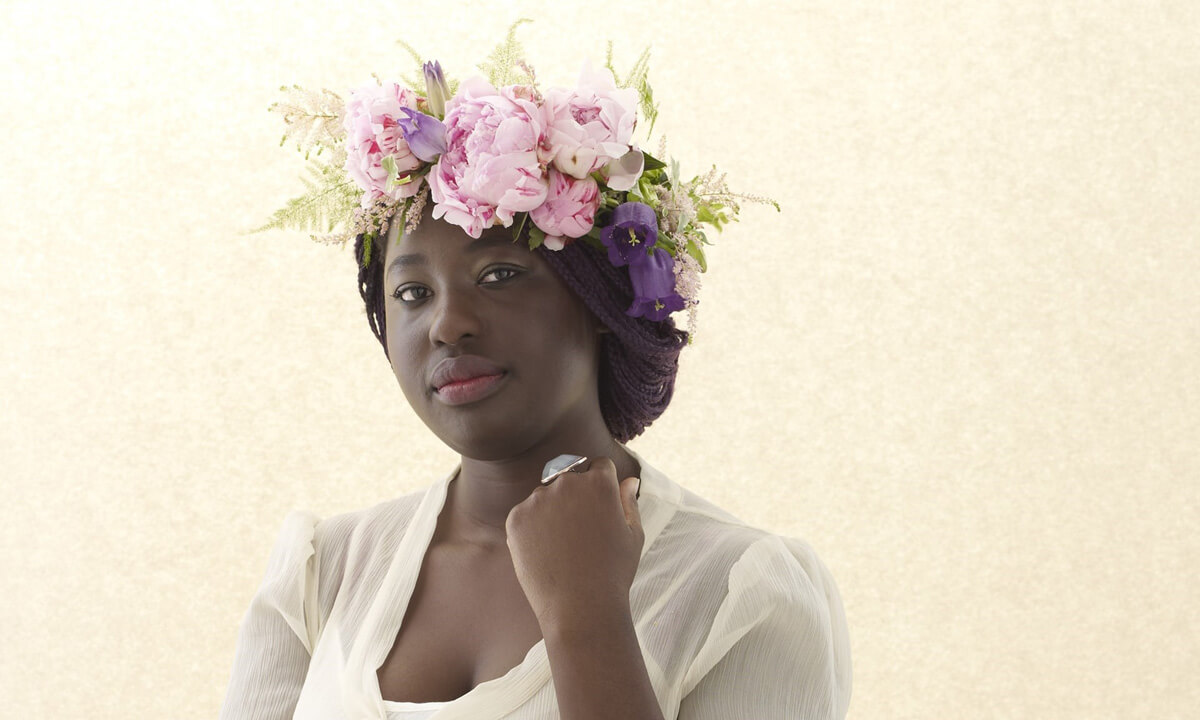
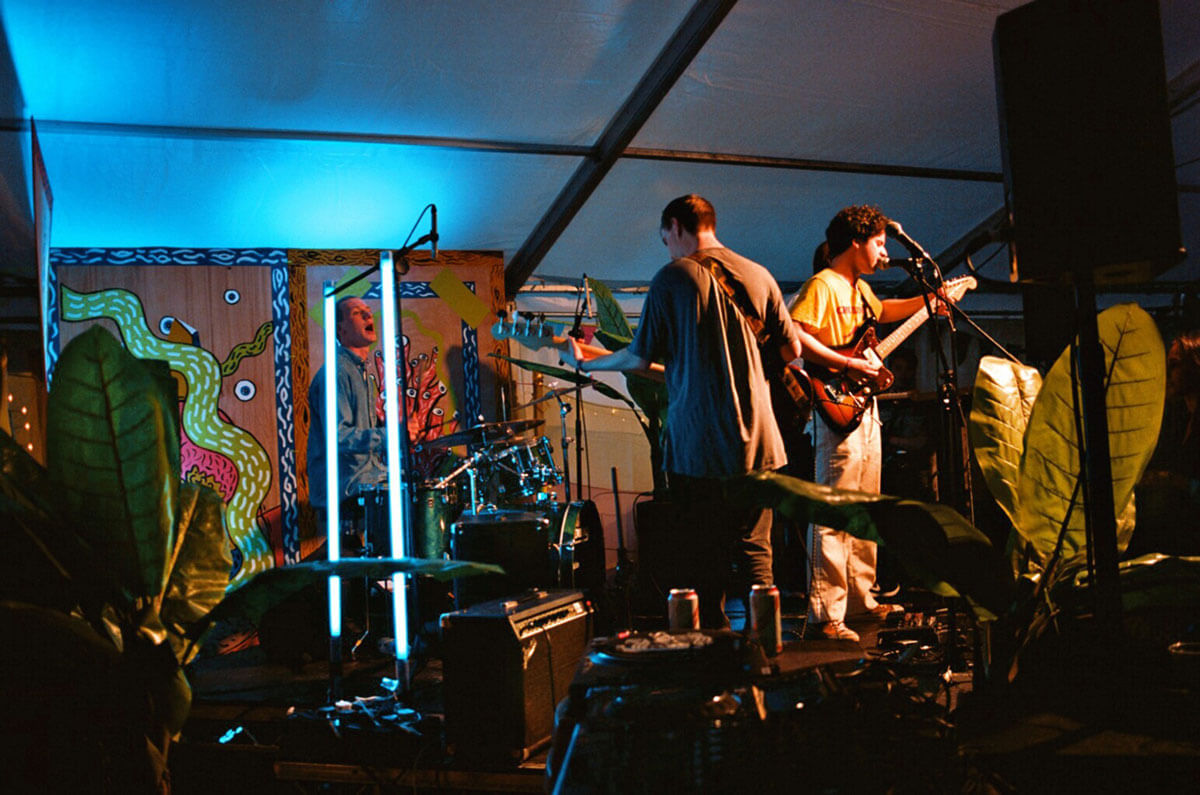






Recent Comments